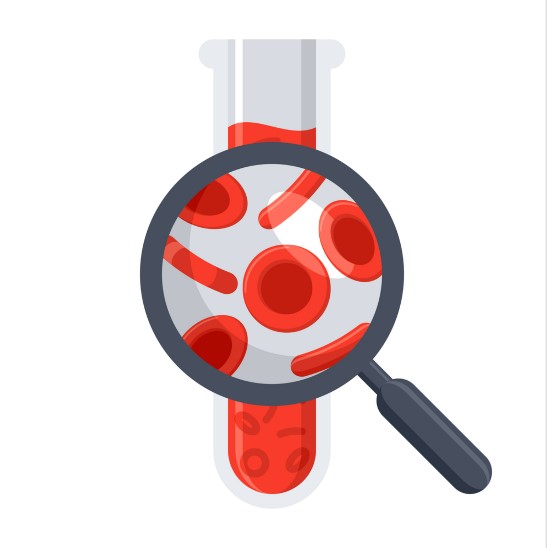
Patients receiving haploidentical hematopoietic cell transplantation (haplo-HCT) often develop cytokine release syndrome (CRS), an acute complication involving overactivation of the immune system and high levels of inflammatory cytokines. This is often managed with tocilizumab and systemic corticosteroids. These patients also often receive post-transplant cyclophosphamide (PTCy) to prevent graft-versus-host disease (GVHD). Recent research indicates that patients in this group who receive tocilizumab may have higher rates of chronic GVHD.
Due to a lack of research regarding tocilizumab in the haplo-HCT population, a group of researchers from City of Hope National Medical Center in Duarte, CA, sought to understand the characteristics of haplo-HCT recipients who developed CRS, the incidence of tocilizumab use, and the potential impact of tocilizumab use on clinical outcomes such as GVHD. Led by Salman Otoukesh, MD, of the Department of Hematology and Hematopoietic Cell Transplantation, the authors presented their findings at the Hematology/Oncology Pharmacy Association annual meeting.
The researchers conducted a retrospective analysis of consecutive haplo-HCT recipients at their institution from June 2019 to June 2021 (N =127). They compared outcomes between patients who received tocilizumab and those who did not. Specific outcomes of interest were acute GVHD, chronic GVHD, relapse, non-relapse mortality (NRM), disease-free survival (DFS), and overall survival (OS).
The study found that 120 patients (94.5%) developed CRS, mostly mild (grade 1, 63.8%; grade 2, 28.3%). A total of 11 patients (8.7%) received tocilizumab for CRS. Analyses showed that tocilizumab did not affect incidence of acute GVHD, relapse, NRM, DFS, or OS. Chronic GVHD was higher in patients who received tocilizumab, but that did not reach statistical significance.
The authors called for more research into the risk of GVDH in patients receiving tocilizumab and PTCy to help clinicians better manage these patients.







 © 2025 Mashup Media, LLC, a Formedics Property. All Rights Reserved.
© 2025 Mashup Media, LLC, a Formedics Property. All Rights Reserved.